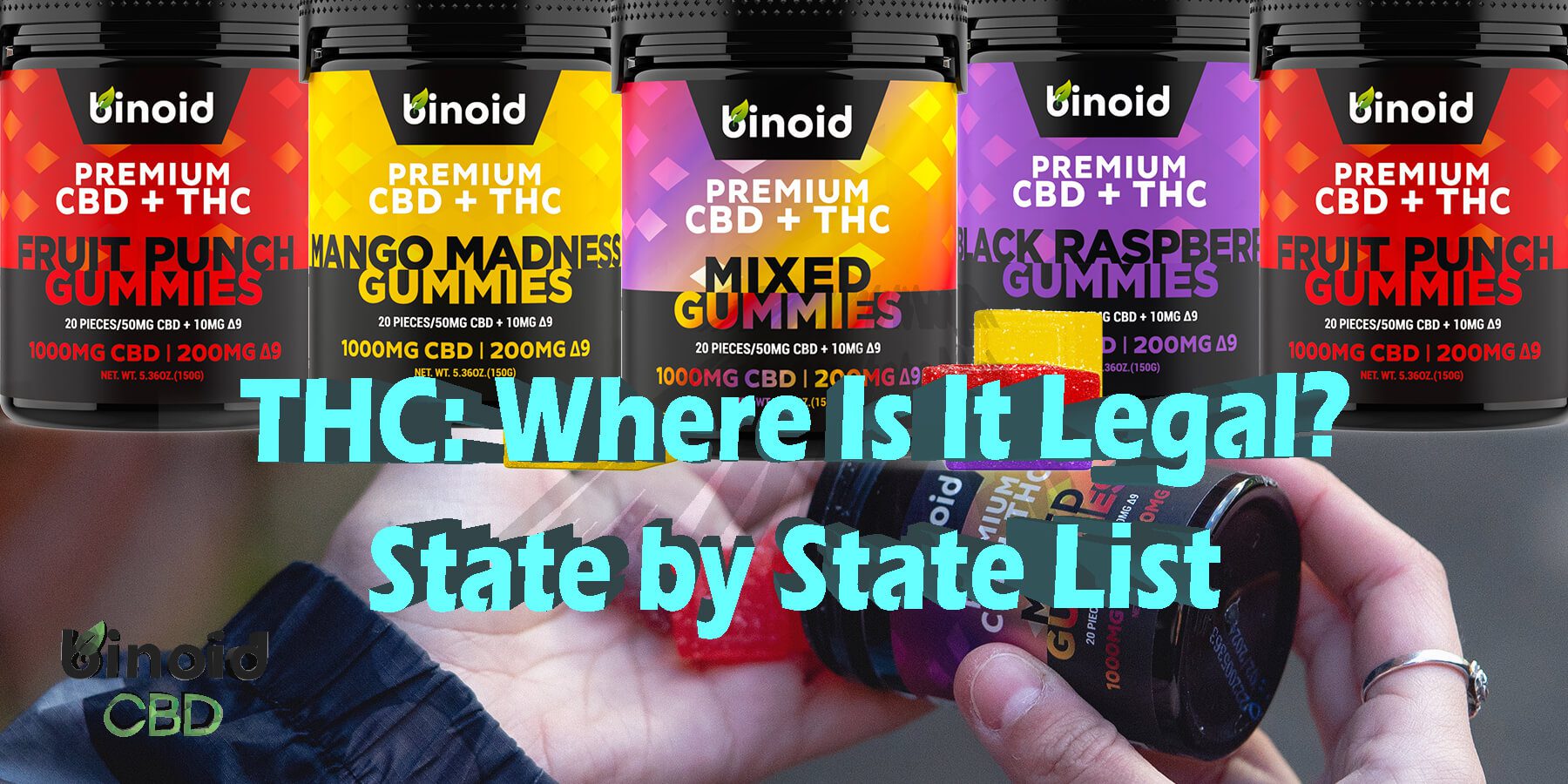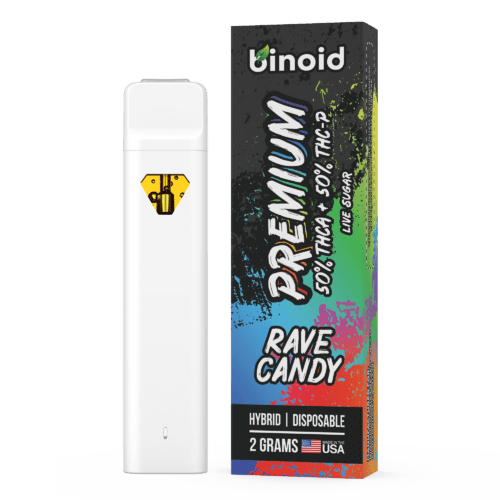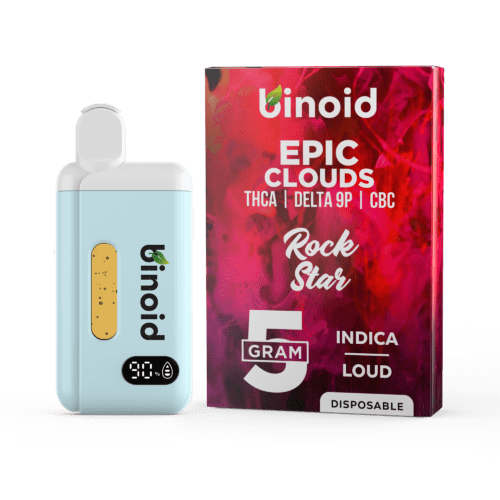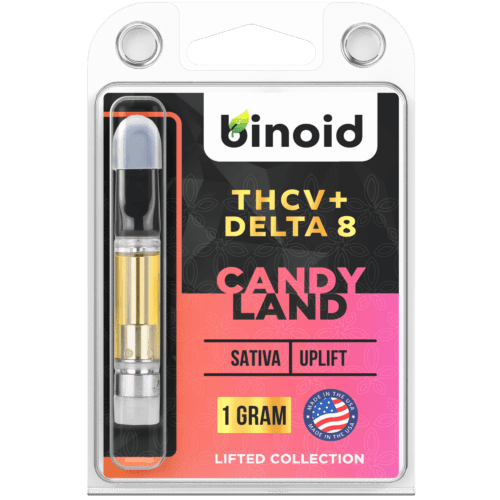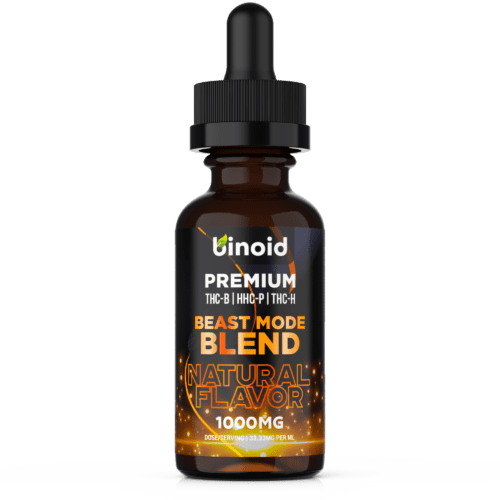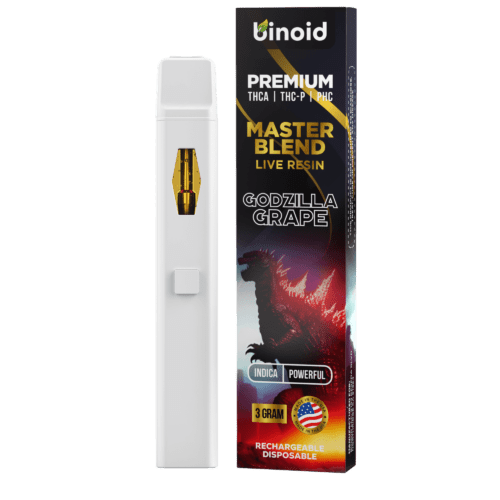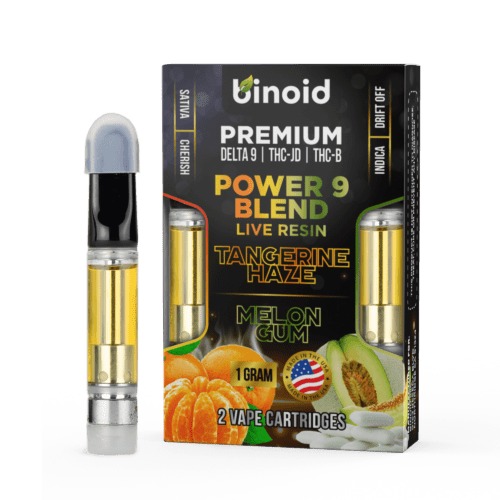It’s safe to say that the most famous cannabinoid in the world is Tetrahydrocannabinol (THC) – after all, it has been used for thousands of years thanks to not only its psychoactive high, but its effects that can help us feel our very best, both physically and mentally.
That being said, THC is also the most controversial cannabinoid of all time, with laws in the United States regarding its sales and usage changing constantly over the last century. Let’s take a look at where THC laws stand today, on both a federal and state level.
To buy THC Products Click Here
-
Product on sale
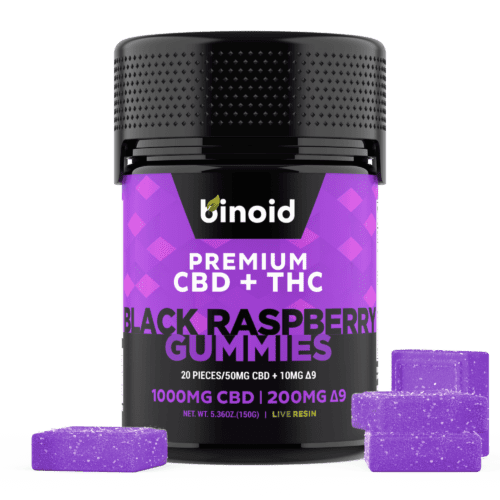 Delta 9 THC Gummies – Black Raspberry$31.99
Delta 9 THC Gummies – Black Raspberry$31.99$49.99 -
Product on sale
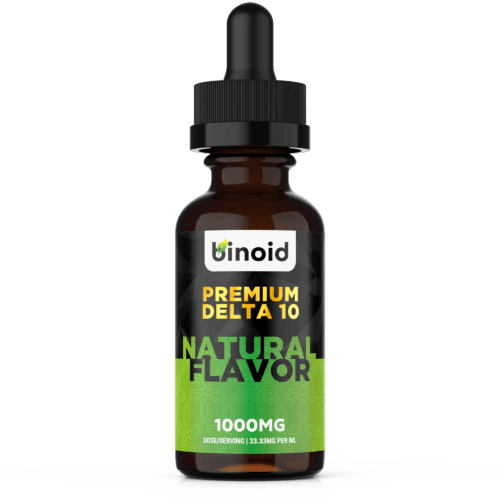 Delta 10 THC Tincture (1000mg, 2500mg, 5000mg)$27.99
Delta 10 THC Tincture (1000mg, 2500mg, 5000mg)$27.99$79.99 -
Product on sale
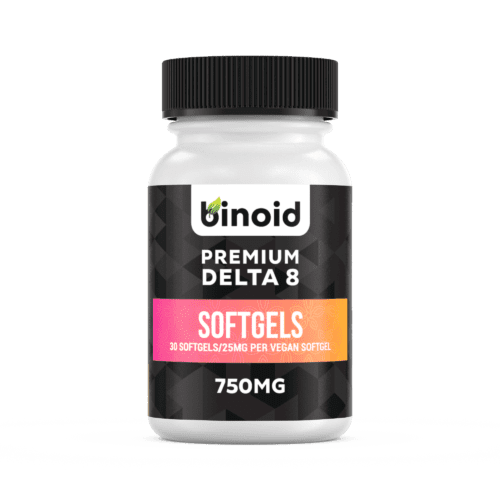 Delta 8 THC Capsules 750MG$31.99
Delta 8 THC Capsules 750MG$31.99$69.99
Is THC Federally Legal?
Well, that depends. Marijuana, which naturally yields a potent level of Tetrahydrocannabinol, remains a controlled substance under federal law, making it strictly illegal. Meanwhile, hemp-derived THC is a bit more complicated. The United States Farm Bill passed in 2018 to declare that hemp products are federally legal if they contain a maximum of 0.3% THC per dry weight. Now, 0.3% is classified as a trace amount – too low to create psychoactive effects.
However, manufacturers of legal hemp products have discovered that they can make federally compliant hemp products in large enough serving sizes that 0.3% comes out to enough milligrams of Cannabis THC per serving to give us the effects we want from tetrahydrocannabinol – most notably, the euphoric, hazy high that so many people seek out.
Where is THC Legal on a State Level?
Now, as you know, every state is free to come up with their own cannabis laws. Not to mention, every state’s cannabis laws are broken down into two categories: marijuana laws, and hemp laws. So, this is where things can get a little confusing.
\Some states permit marijuana sales, which means marijuana-derived THC is legal, and some states ban marijuana, but do allow hemp-derived THC to be sold in federally compliant concentrations (0.3%). Then, there are a small number of states that have both banned marijuana, and hemp products that contain anything but 0% THC.
Let’s take a look at each state to help you figure out whether or not you can legally access Tetrahydrocannabinol (THC) based on where you live, covering both hemp and marijuana laws.
- Alabama: Marijuana is illegal in Alabama unless it’s medical, but the state allows hemp-derived THC products to be sold if they have a maximum of 0.3% THC.
- Alaska: Marijuana is legal for medical and recreational purposes in Alaska, but hemp products with anything but 0% THC are banned.
- Arizona: Recreational and medical marijuana are legal in Arizona, and hemp products such as Delta 8 THC with up to 0.3% THC are legal.
- Arkansas: Marijuana is illegal in Arkansas unless it’s sold to approved medical patients, but the state allows sales of hemp products containing up to 0.3% THC.
- California: Recreational and medical marijuana are legal in California, and the state recognizes up to 0.3% THC in hemp products as legal.
- Colorado: Colorado both permits medical and recreational marijuana use, as well as federally compliant THC products made from hemp.
- Connecticut: Marijuana is recreationally legal in Connecticut, as is medical marijuana, and so are hemp products with up to 0.3% THC.
- Delaware: Delaware does not permit recreational marijuana, but does allow for medical marijuana, and federally compliant hemp products like Delta 9 with up to 0.3% THC.
- Florida: Marijuana is not recreationally legal in Florida, but medical marijuana is. The state permit sales of hemp products containing up to 0.3% THC.
- Georgia: Georgia allows for federally compliant, hemp-derived THC products, but marijuana is illegal recreationally, with only medical marijuana being legal.
- Hawaii: Recreational marijuana is banned in Hawaii, and only medical marijuana is legal. The state does permit sales of up to 0.3% THC in hemp products.
- Idaho: THC is strictly illegal in Idaho, as both medical and recreational marijuana are banned, and hemp products can only contain 0% THC.
- Illinois: Recreational marijuana is legal in Illinois, along with medical use, as is federally compliant, hemp-derived THC.
- Indiana: Marijuana is illegal in Indiana in both forms, but the state allows for sales of hemp-derived, federally compliant THC products such as THC-H.
- Iowa: Iowa strictly forbids all forms of THC, both marijuana and hemp-derived.
- Kansas: Kansas also forbids sales of THC, whether it comes from hemp or marijuana.
- Kentucky: Marijuana is illegal in Kentucky, both recreationally and medicinally, but the state has kept complete federally compliant, hemp-derived THC products legal.
- Louisiana: Recreational marijuana in Louisiana, but medical marijuana is legal, and hemp-derived THC is legal if it exists in 0.3% concentrations.
- Maine: Recreational marijuana is legal in Maine, along with medical marijuana, and hemp-derived, federally compliant THC is legal as well.
- Maryland: Maryland has only medical marijuana available, as recreational is banned, but residents can buy hemp-derived products with up to 0.3% THC.
- Massachusetts: In Massachusetts, you can buy marijuana both recreationally and medically, and buy hemp products with up to 0.3% THC.
- Michigan: Hemp-derived products with up to 0.3% THC are legal in Michigan, as are medical and recreational marijuana.
- Minnesota: Only medical marijuana is legal in Minnesota, but the state allows up to 0.3% THC in hemp products such as Delta 10 THC.
- Mississippi: Mississippi has strictly banned marijuana, but hemp products with up to 0.3% THC are legal.
- Missouri: Recreational marijuana is not banned in Missouri, but medicinal marijuana is legal. Hemp-derived THC in up to 0.3% is legal.
- Montana: Marijuana is banned in Montana without a medical card, but hemp-derived, federally compliant THC is legal.
- Nebraska: Marijuana is banned in Nebraska, but residents can buy hemp products containing up to 0.3% THC.
- Nevada: Recreational marijuana is legal in Nevada, as are complete THC products.
- New Hampshire: Medical marijuana is sold in NH, but recreational is not. Residents can, however, buy hemp products containing a maximum of 0.3% THC.
- New Jersey: Marijuana is legal in New Jersey, both recreationally and medically, and so are hemp products with up to 0.3% THC.
- New Mexico: Recreational marijuana is legal in New Mexico along with medical marijuana, and so are hemp products with up to 0.3% THC.
- New York: Recreational marijuana is legal in New York, along with medical, and the state allows for up to 0.3% THC in hemp products.
- North Carolina: NC only allows medical marijuana, but also permits sales of hemp products with up to 0.3% THC.
- North Dakota: North Dakota permits medical marijuana but not recreational, and does allow hemp products like THC-O with up to 0.3% THC.
- Ohio: Ohio allows for up to 0.3% THC when it comes to hemp, but only allows for medical marijuana to be sold as recreational marijuana remains illegal.
- Oklahoma: Oklahoma allows for up to 0.3% THC in hemp products. The state operates a medical marijuana program, but recreational is still illegal.
- Oregon: In Oregon, marijuana is recreationally legal and is available medically. Hemp products with up to 0.3% Tetrahydrocannabinol (THC) are legal as well.
- Pennsylvania: Only medical marijuana is permitted in Pennsylvania, as recreational is illegal. But, the state allows up to 0.3% THC in hemp products.
- Rhode Island: Rhode Island only allows medical marijuana as recreational is banned. But, hemp-derived products with up to 0.3% THC are legal like THC-B compound.
- South Carolina: Hemp products with up to 0.3% THC are legal in South Carolina, and the state only allows medical marijuana to be sold legally as recreational marijuana is not legal.
- South Dakota: South Dakota strictly bans THC products in both hemp or marijuana.
- Tennessee: Marijuana is strictly illegal in Tennessee, both for medical and recreational use, but up to 0.3% THC is legal in hemp products.
- Texas: Texas permits medical marijuana in the state, but no recreational use. Hemp-derived products with up to 0.3% THC are legal.
- Utah: Utah recognizes medical but not recreational marijuana, and does allow up to 0.3% THC in hemp products.
- Vermont: Vermont has allowed marijuana use recreationally, along with medical, and allows for up to 0.3% THC in hemp products.
- Virginia: Up to 0.3% THC is legal in hemp products according to Virginia, as is recreational and medical marijuana.
- Washington: Recreational cannabis is legal in Washington, along with medical marijuana, and up to 0.3% THC in hemp products.
- West Virginia: Medical marijuana is legal in West Virginia, but not recreational. Hemp can contain up to 0.3% THC, however.
- Wisconsin: Wisconsin only allows for medical marijuana use, and not recreational. For hemp, up to 0.3% THC in products is considered legal.
- Wyoming: Medical marijuana is legal in Wyoming, but not recreational. Up to 0.3% THC is legal in any hemp product like THC-P.
THC State By State Legal List Takeaway
Basically, if you live in a state that does permit up to 0.3% THC in hemp, which makes up 45 out of 50 states total, then you can enjoy the THC available at Binoid without worrying about breaking the law. At Binoid, we make sure to fully comply with the Farm Bill by including no more than 0.3% THC in any product including our hemp-derived delta 9 THC products, while still offering milligram strengths high enough to give you results.

